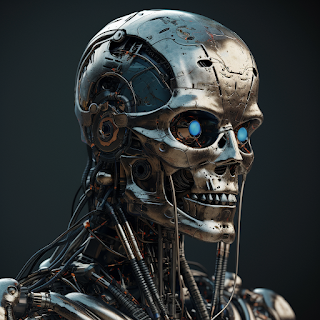As the use of artificial intelligence (AI) technology continues to grow, concerns about privacy and data security are also on the rise. OpenAI, one of the leading AI research companies in the world, has been at the forefront of developing advanced AI models and applications. But with all the benefits of these technological advancements, many people are asking the question, "Is OpenAI safe?"
The short answer is yes, but there are some caveats. OpenAI is committed to protecting user privacy and has implemented measures to ensure data security. However, as with any technology that involves data collection and analysis, there are always risks involved.
One of the primary concerns about AI technology is the potential for misuse or malicious intent. OpenAI acknowledges this risk and has implemented policies to prevent the development of AI systems that could be used for harm. They have also created an ethics board to oversee the development of their AI models and ensure they are aligned with their ethical principles.
In terms of user privacy, OpenAI has implemented measures to protect user data. They use encryption and other security protocols to ensure that sensitive information is kept private. Additionally, they have a strict policy of only collecting data that is necessary for their AI research and applications.
It's also worth noting that OpenAI is committed to transparency and regularly publishes research papers and technical documentation about their AI models. This openness allows other researchers and developers to scrutinize their work and ensure that it aligns with ethical and legal standards.
In conclusion, while there are always risks involved with any technology, OpenAI is taking steps to ensure the safety of its users' data and prevent the misuse of its AI models. As with any AI technology, it's important for users to educate themselves about the potential risks and take appropriate measures to protect their privacy.

Comments
Post a Comment